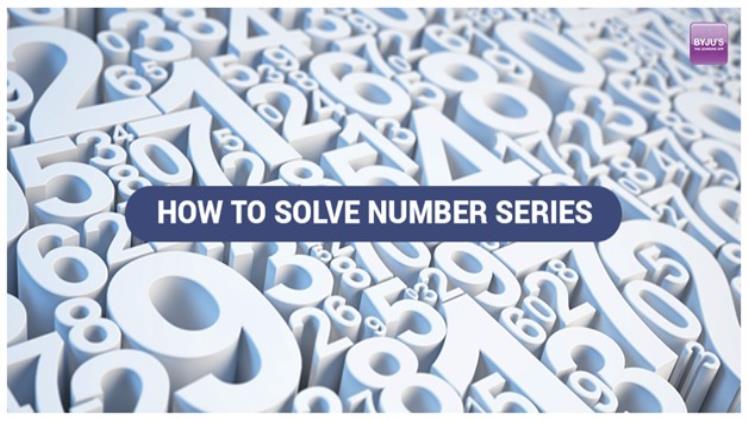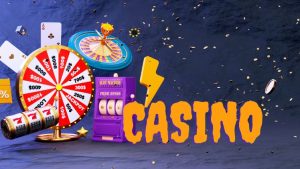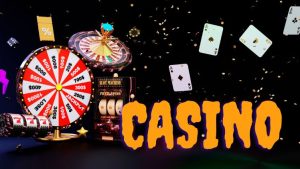Bank exams are structured to evaluate a candidate’s proficiency across multiple domains, encompassing a broad spectrum of topics. Typically, these exams feature sections on quantitative aptitude, reasoning ability, English language proficiency, general awareness, and computer knowledge. Hence, mastering them can significantly boost your score.
Cracking these questions becomes a breeze with consistent practice and the right strategies by your side, ultimately propelling you toward exam success. Read on to explore practical strategies for tackling a missing number series question and provide tips to enhance your problem-solving skills.
Types of Number Series
One of the first steps in solving these series questions is understanding the various series types. Arithmetic series involve numbers that increase or decrease by a constant difference, such as 2, 5, 8, and 11, where the difference is 3. Geometric series involve numbers that increase or decrease by a constant ratio, such as 3, 9, 27, and 81, where the ratio is 3. Other types include squares, cubes, or combinations of arithmetic and geometric patterns.
Identifying the Pattern
Once you understand the basic types of number series, the next step is identifying the pattern in the given sequence. Start by examining the differences between consecutive numbers. If the differences are constant, you are likely dealing with an arithmetic series. If the differences themselves form a sequence, consider other patterns, such as geometric progression or alternating sequences. Writing down the differences and analyzing them can often reveal the pattern.
Practice Makes Perfect
Practicing different types of number series problems is crucial for success. Regular practice helps you become familiar with various patterns and improves your speed and accuracy. Online resources, textbooks, and previous years’ question papers are excellent sources for practice questions. Additionally, timed practice sessions can help simulate exam conditions and improve your time management skills.
Strategic Approaches
Approaching missing number series questions with a strategic mindset can enhance your efficiency. Start by quickly scanning the series to identify any obvious patterns. If the pattern is not immediately apparent, consider breaking the sequence into smaller parts and analyzing each segment. This can make complex patterns more manageable. Additionally, practicing mental math and calculation shortcuts can save valuable time during the exam.
Reviewing and Analyzing Mistakes
One of the most effective ways to improve your skills in solving these series of questions is by reviewing and analyzing your mistakes. After completing practice sessions, take the time to go through each question you got wrong and understand where you went wrong. Identify whether the mistake was due to a misunderstanding of the pattern, a calculation error, or a lapse in logic. Keeping a record of these mistakes and revisiting them periodically can help you avoid repeating them.
Time Management
Efficient time management is essential in bank exams, as candidates need to complete multiple sections within a restricted time frame. Allocate a specific amount of time to each question and stick to it. If you spend too much time on questions, it might be best to move on and return to it later if time permits. Prioritizing more straightforward questions can help ensure you maximize your overall score.
Leveraging Online Resources
Nowadays, numerous online resources can aid your preparation for this number of questions. Educational websites, tutorials, and mobile apps offer a wealth of practice questions and explanatory videos. Utilizing these resources can deepen your understanding and introduce you to a variety of problem-solving techniques.
The missing number series question in bank exams challenges your ability to identify the logical pattern within a sequence of numbers and pinpoint the number that completes it. These questions can involve addition, subtraction, multiplication, or even more complex operations, requiring you to think critically and apply your mathematical understanding. You can confidently tackle these questions by familiarizing yourself with different sequences and honing your problem-solving skills.






